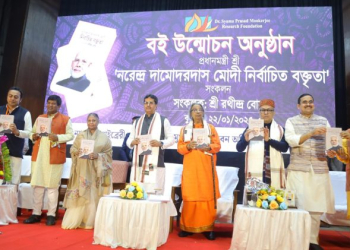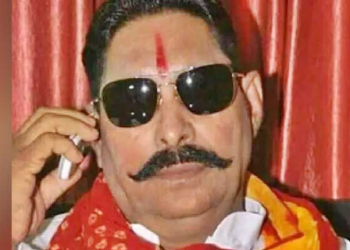New Delhi: The Delhi High Court has observed that a court cannot go into the merits of the choice of a minority educational institution that appoints a qualified person from the “minority community” as its Vice Principal or Principal.
Highlighting Article 30(1), Justice Chandra Dhari Singh said: “Once the management of the Minority Educational Institution makes a conscious choice of a qualified person from the ‘minority community’ to lead the institution, either as a Vice Principal or Principal, then Court cannot go into the merits of the choice or the rationality or propriety of the process of choice.”
Article 30(1) says all minorities, whether based on religion or language, shall have the right to establish and administer educational institutions of their choice.
“Every linguistic minority may have its own social, economic and cultural limitations. It has a constitutional right to conserve such culture and language. Thus, it would also have a right to choose teachers, who possess the eligibility and qualifications, as provided, without really being influenced by the fact of their religion and community and the same can be done by the process defined by the school management.
“Linguistic and cultural compatibility can be legitimately claimed as one of the desirable features of a linguistic minority in relation to selection of eligible and qualified teachers,” the order averred.
The observation came while dealing with a plea related to the appointment of a person from Marathi speaking community for a ‘Marathi linguistic minority’ school in Delhi.
The petitioner submitted that the selected person who has been recommended by the school for the post of Vice Principal is junior to him.
But the school made the appointment on the ground that since it is a “linguistic minority institution”, the selected candidate would be a better choice as she belongs to the same “linguistic minority community”.
After the detailed submissions, the court said the School is a “linguistic minority institution” and therefore, the selection of the Vice Principal made by the School is not contrary to the settled law.
Therefore, there are no reasons to interfere in the school’s decision, the court held.
(IANS)



















